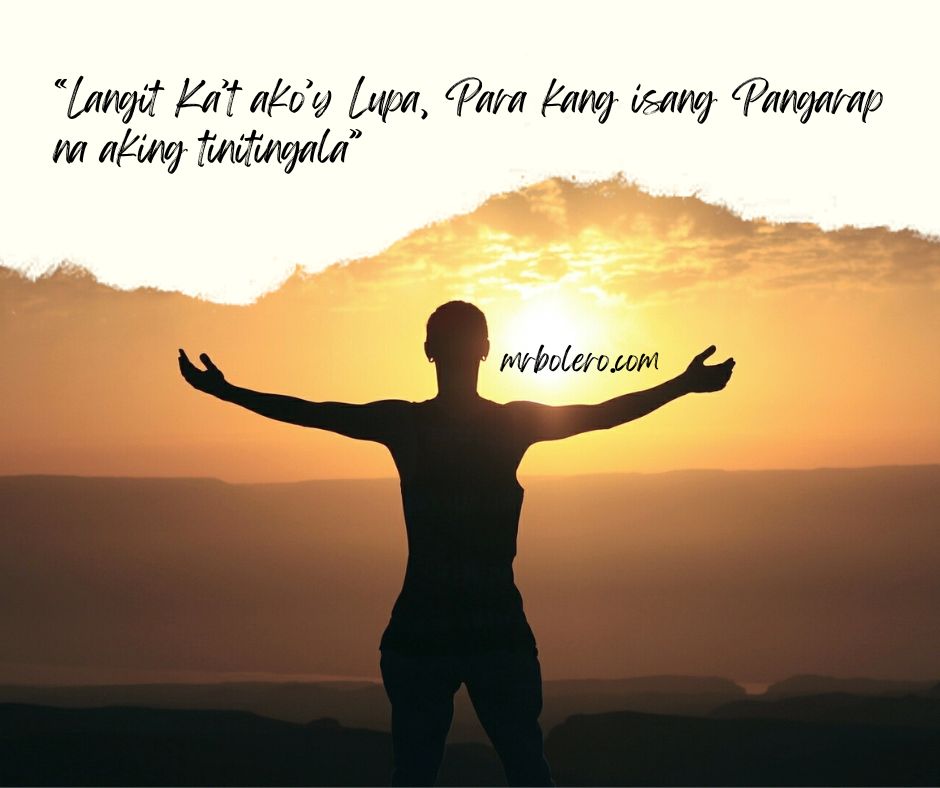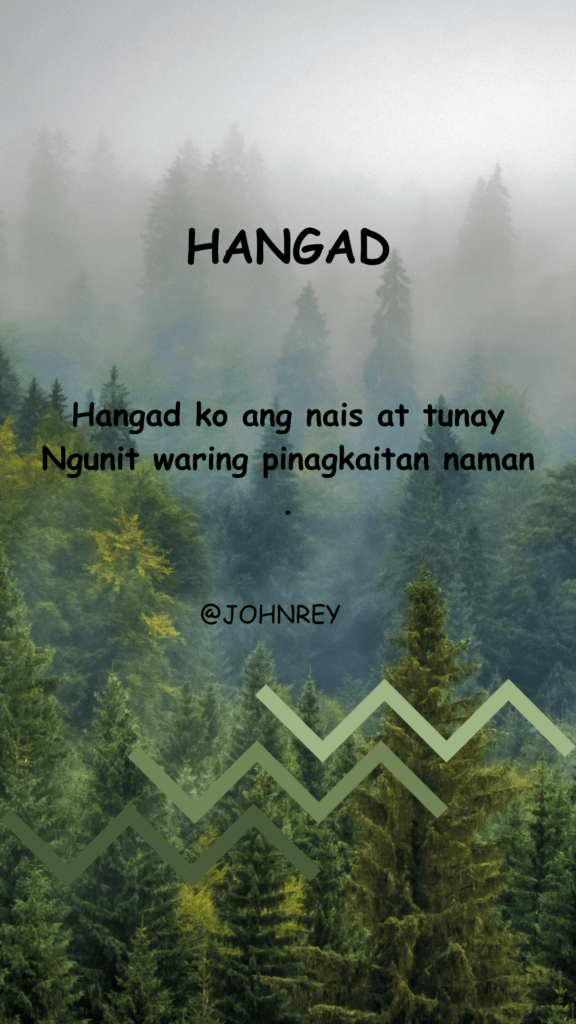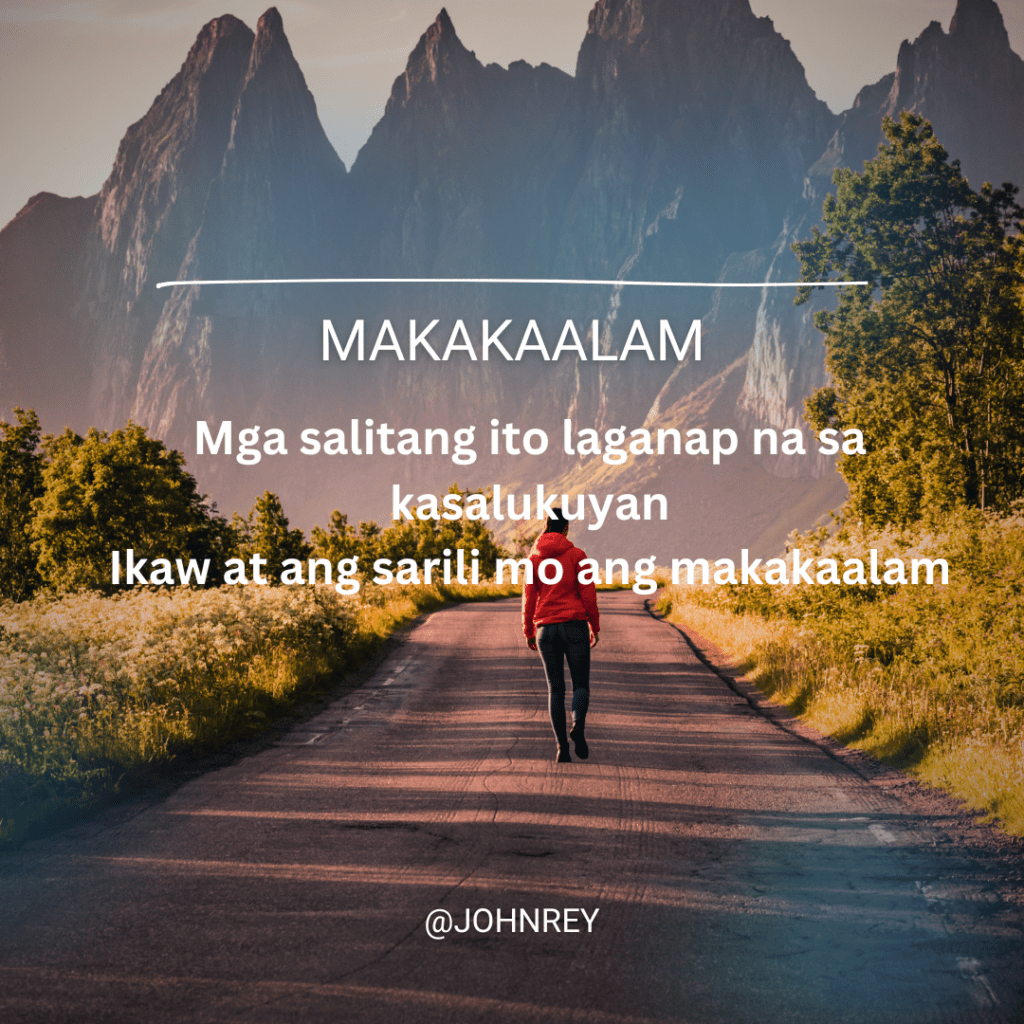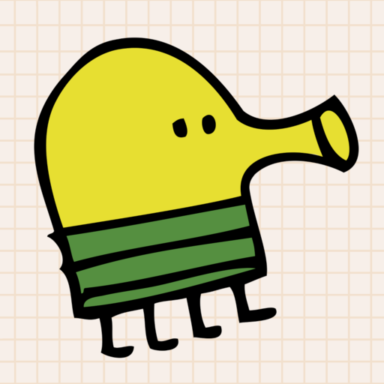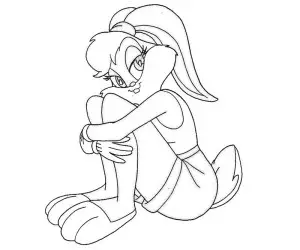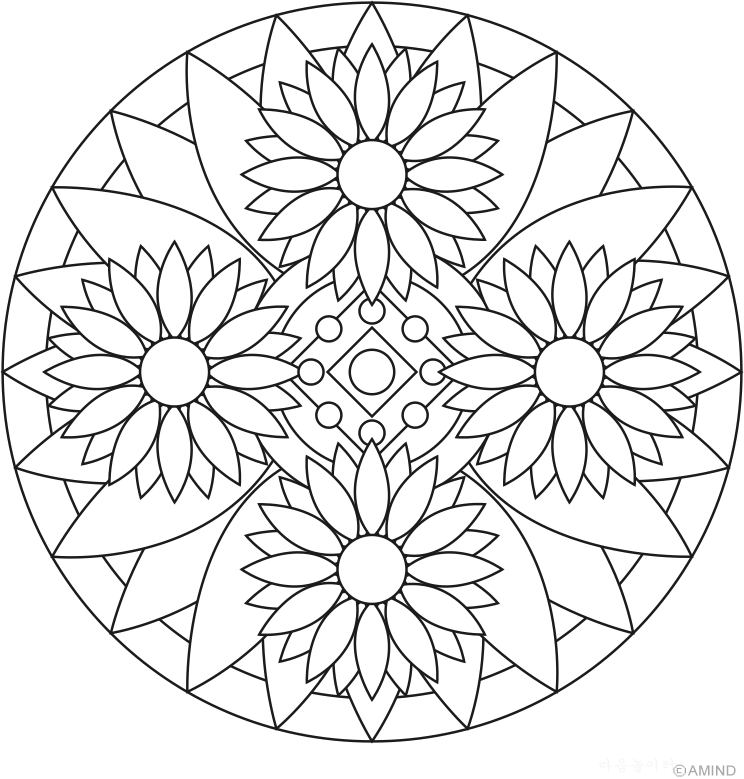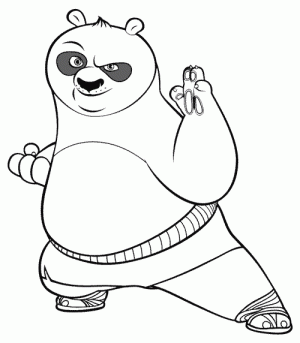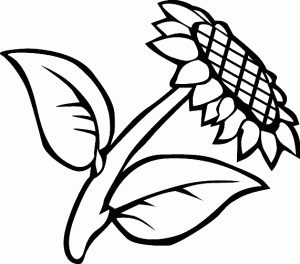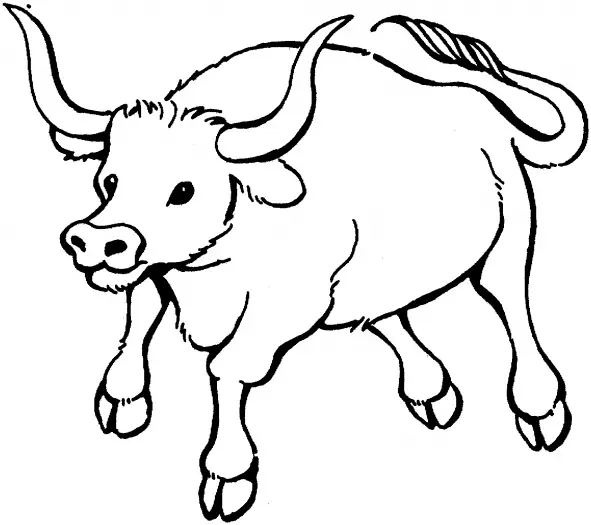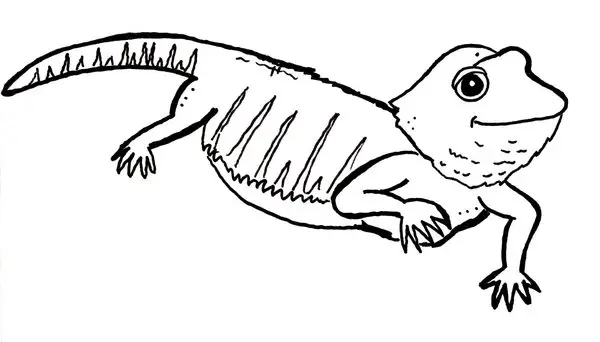![istandigrorelse_art]()
- Dawn Cavanaugh, Cesnabmihilo Dorothy Aken’Ova, Stéphane Tchakam och Sarah Kihika.
What makes people in Cameroun ashamed of South Africa and how does a lesbian movement handle that a growing part of members identify as male?
Africa’s LGBTI movements are fighting their battle on several fronts. Against indigenous beliefs that homosexuality is ”un-African” and similar ideas in the West, branding Western involvement in the LGBTI struggle in Africa as imperialism.
Meet Dawn Cavanagh, Dorothy Aken’Ova, Sarah Kihika and Stéphane Tchakam – rolemodels and activists in the growing pan-African LGBTI movement.
Text Emy Åstrand & Malin Nord
Photo Jimmy Eriksson
Kom Ut: What issues are most important to you, and what are you working on right now?
Sarah: Our biggest problem is the right-wing Christian fundamentalists who are using Uganda as a platform for spreading hatred against homosexuals after they lost the fight at home in the U.S. They have manipulated people to think that homosexuality is not part of our ”culture” or ”Africa”, and they have managed to mobilize and indoctrinate young people and establish an anti-gay movement. We can see the result of it in the so-called Bahati Bill, that suggests that homosexual acts should be subject to death penalty. Meanwhile our lobbying against the Bill has been successful. We have received support from regional and international organizations that have put pressure on the Government.
Dorothy: In Nigeria, the Government has for the third time presented a Bill to ban same-sex marriage, despite the fact that homosexual acts are already criminalized. The LGBTI movement has fought for respect and dignity, but not specifically for same-sex marriage. So the sponsors of the bill probably want to nip the issue from the bud before the movement it self raises the question: kill it. So far we have managed to get them to withdraw it each time.
Stéphane: In Cameroon the arrests and harassment by the police has increased in recent months. Some think it is because of the presidential election held on the 9th of October. To imprison LGBTI people is seen as something positive in Cameroon, it becomes a way for the Government to win votes. One person was recently sentenced to three years in prison just for sending love messages. The judges are very homophobic and judge according to their own values.
Dawn: CAL struggles to hold together all the members’ various expectations and to defend our position as a lesbian organization. Since 2008, we also include transgender issues and transgender people in our work, which has been a tough journey. Many members who previously identified as lesbians are now trans-identified, which has raised important questions: What does it mean today to be a lesbian, in Africa and in the world? What does it mean to be an organization that was formed for a lesbian voice and visibility in the context of increasing numbers of members who identify as men? We are grappling with this. Right now, we discuss a lot with our members about how CAL should go forward. I think that the issue of lesbian’s place in politics is one of the most interesting ones.
Kom Ut: What is your view on this, how visible are lesbians in your movements?
Dorothy: There have been major discussions in the women’s movement about lesbian’s space within the movement. We have often felt betrayed when many activists within the women’s movement seem to forget that lesbians actually are women. The discussions have led to that all women, regardless of sexual orientation, have a place in the women’s movement. The problem is getting lesbian women into the political sphere. As soon as they challenge the power it gets tough for real.
Stéphane: Lesbians have struggled to make themselves visible in the movement in Cameroon, but during the past year, lesbians sought out our organization and the section that works with lesbian issues. We hope that the section will develop and grow.
Sarah: Coming out as lesbian means that all social relations are affected. That prevents women from coming out. Men often have better possibilities to meet, discuss and organize themselves. For women it is more difficult, they are often more tied to the private life and it requires great determination to break free from that.
**************************************************
 Stéphane Tchakam
Stéphane Tchakam
Lives in: Douala, Cameroon
Is the only journalist in Cameroon working openly with LGBTI issues. Appears in Alternatives Cameroun and the Association Défense des Homosexuels (Adhefo)
Age: 35 years old, Number of years as an activist: 5
Interests: reading, African music, gardening – ”I have a big garden!”
**************************************************
Kom Ut: How much space is given to trans issues where you are active?
Sarah: Trans issues still have a limited place in the Ugandan movement as a whole. There is limited knowledge, even about the most basic things, like the difference between sexual orientation and gender identity. In Uganda, homosexuality is sometimes used as an umbrella term including gender identity. In T.I.TS, we are now trying to look at the special needs and challenges that trans and intersex people face.
Stéphane: We have not yet the knowledge about transgender issues. Of course, there are transgender people in Cameroon but we do not meet them within the organizations. We talk about gender only in terms of men and women. It is only recently that I realized that gender is very complex. Men who look feminine are just seen as gays.
Dorothy: One interesting thing is that in some cultures in northern Nigeria transvestism has been accepted since long. Over time, these spaces have also served as a refuge for other alternative sexual practices and gender identities. Before Sharia law was introduced,, these spaces served as meeting points for sexual minorities. There was a kind of organizing going on in those spaces, which also included sex workers.
Kom Ut: In many African countries same-sex sexual relations are prohibited. Some argue that public opinion in many countries is not ”ready” to change these old laws, often instituted by the colonizers. How important is the issue of decriminalization for the movement?
Dorothy: Decriminalization is one of the most important issues. Because of the violence against LGBTI people, we can’t wait for society’s understanding; the perpetrators should not go free. Therefore, we must work to ensure that these laws are abolished.
Sarah: When you work with laws, society’s attitudes also need to be part of that process. Meanwhile, the State must protect individuals who belong to minority groups in society. Therefore, decriminalization is very, very important. We have examples in Uganda where LGBTI people have been attacked but can’t go to the police. If they do, their sexuality is revealed and the police will be more interested in the crime in their sexual activities than the humiliation they have suffered. In Uganda, we are not ready for decriminalization yet, as you know, the Bahati Bill wants to strengthen existing laws against LGBTI people. We are now trying to fight the Bill and only after we have managed to do that, we can work towards decriminalization.
Dawn: In South Africa, everything looks good on paper. The Equality Clause in the new Constitution in 1996 is well known. As a movement, we then began to work systematically to remove all discriminatory laws towards LGBTI persons. Society’s attitudes are shifting somewhat but have not changed in any significant way. We have black lesbian girls in school who have been forced out because of the stigma, bullying, discrimination and hatred that they suffer. They are forced out of their homes. The consequence is that they can’t finish their education and they struggle to find jobs. Young black lesbian women from the Townships are exposed to extreme violence. The number of rapes and murders of young black lesbian girls has escalated. There is a kind of madness going on right now on the continent. It is a reaction to the fact that the movement has become stronger. The more people come out, the greater the backlash, it seems.
Stéphane: The problem is that in Cameroon people do not see homosexuality or sexuality as a Human Right. Our country has signed several international conventions that now contradict the national legislation, with regard to homosexuality. That is what we try to argue against the Government when we advocate for decriminalization.
What do people generally think about South Africa’s liberal laws?
Stéphane: In Cameroon people are ashamed of South Africa, that there is an African country that allows men to marry each other. The view on homosexuality is very contradictory. Everything is blamed on homosexuals. People think that if our country has economic problems, it is because of gay people, if your child can’t get a job it’s because the gays are taking the seats. At the same time homosexuality is seen as a way to gain power in society.
-It’s just because you are gay that you got a great job! People really believe that homosexuals are fully responsible for what society looks like.
**************************************************
 Dawn Cavanagh
Dawn Cavanagh
Lives in: Johannesburg, South Afric, Co-Director of the Coalition of African Lesbians (CAL)
Age: 49 years old
Number of years as an activist: Has been working openly as an LGBT activist since 1994.
Interests: ”I like to sit quietly in the sun, eat good vegetarian food and drink red South African wine.”
About CAL: ”It is a feminist organization that wants to create a political space for lesbians. We are also a pan-African organization with members in various countries on the continent.”
**************************************************
Kom Ut: It is only in recent years that donors in the West have become aware of LGBTI issues in development cooperation. But in Sweden there are still very few initiatives related to LGBTI rights that are funded by development aid. How important is international aid for your organizations and the work that you are doing?
Stéphane: No work in Cameroon would have been possible without foreign aid. With the help of EU funds, we have been able to open a centre where LGBTI people living with HIV can get help.
Dawn: I would like to address another aspect of funding, which deals with the fact that in countries where homosexuality is criminalized, it is also prohibited for an LGBTI organization to register. This means in practice that they can’t receive money. This is a big problem, and many organizations need help from others to hold and manage the finances of their organizations. Such arrangements work as long as LGBTI organizations are still young. But when our voices get stronger and we seek greater autonomy in decision-making, problems appear between the host organization and the LGBTI organization. Donors must be more strategic, and think outside the box about how to channel funds to the movement.
Sarah: We have exactly the same problem in Uganda. But there are a couple of flexible donors, such as the Open Society Initiative for Eastern Africa, which has tried to find other ways to give money directly to LGBTI organizations. Donors have also, in meetings with the Government been critical to their attitude towards LGBTI issues, and right now it seems like they listen to the donors.
Stéphane: Our experience, on the contrary, is that the international donors are afraid to go against our Government. After we received EU funds our Minister of Foreign Affairs met with the EU Ambassador and made it clear that Cameroon does not appreciate that the EU provides funding for LGBTI projects, since homosexuality is criminal. The issue about the financial support was raised in media, which led to increased violence against LGBTI .
Kom Ut: Do you have suggestions on how donors can help persuade the Government to listen to you?
Dorothy: Donors have a completely different position from us as they can get to have meetings with the Government. We spend months looking for audience with policy makers while they get an appointment within two days. They have in the past, and should still, help us get appointments with the policy makers.
Dawn: It’s not enough to simply have diplomatic talks between governments and to give out money, LGBTI organizations must have a say in setting the agenda for co-operation. A good example of when the donors really showed interest was when the Nordic governments in 2009 invited representatives from numerous countries in the global North and South to a conference in Oslo, to advise these governments on their policies and agendas on sexual and reproductive rights.
Sarah: Another important aspect is that the international organizations play a withdrawn role, because we know that the Government understands homosexuality as a Western thing. It is good that donors allow local organizations to come forward. Otherwise, the idea that homosexuality comes from the West will be reinforced.
**************************************************
 Cesnabmihilo Dorothy Aken’ova
Cesnabmihilo Dorothy Aken’ova
Lives in: Abuja, Nigeria, Works for The international Centre for Sexual Reproductive Rights (INCRESE)
Age: 48 years old.
Number of years as an activist: 16 years in formal activism
Interests: Music, dancing and reading.
**************************************************
Kom Ut: Do you meet prejudices from donors and other representatives of international collaborations?
Sarah: Some of the people working on these issues have personal prejudices, which make it difficult for activist groups to move forward and get support.
Kom Ut: Can you give an example?
Sarah: An organization for sex workers in Kampala, Wonetha, was trying to get a Norwegian organization interested in a project and there was a person who pulled the brake. We had to find a way to get around her. It was about this person’s prejudice against sex workers.
Dawn: Our view is that the Human Rights of sex workers need to be addressed alongside that of those in the LGBT movement. We are all marginalized people and our sexual and reproductive rights are violated in both cases.
Sarah: The Swedish and Norwegian governments for example seem to have taken very clear positions, to not give money to projects that include sex workers.
Kom Ut: In the West, sometimes there appears to be a concern that the identities and categories used by the LGBT movement worldwide is created in a Western context, and that it becomes part of the colonial project. What do you think about that?
Stéphane: I am very surprised of the thought. It is not a colonial project. We must come together and learn from each other and it is important that the international movement openly show their support for LGBTI organizations in Africa.
Sarah: Our regional organizations have their own tools to discuss LGBTI issues; we are not dependent on the international organizations. We work internationally because we want to and because we think it’s important. It is quite clear that same-sex relationship and names of those occurred long before colonialism and that they were not questioned; it is homophobia that was exported from the West.
Dawn: Whether these views on our take on homosexual identities come from a group of feminists in the West or from our governments, it is deeply humiliating. What they are saying is that we are a group of people in Africa who cannot think, that we would not be able to challenge ourselves and each other. It is obviously important that we all question how we name practices and identities. Why do we use the concept of homosexuality at this particular historical moment? What is the history behind the word? What, if anything, do we lose and gain by the naming of the LGBTI identities in this way? This is a difficult discussion that must be treated in a very sensitive but honest way, so that it does not cause confusion within the movement at a local as well as on a national, regional and international level.
I think we have to resist the idea that we would just sit and wait for those in the global North to name us and our identities. We are able to think for ourselves and when I say I am a lesbian, this comes with a really deep consciousness and analysis of who I am in the world. I am not just following an activist in Europe when I take on this naming. It is extremely patriarchal and disrespectful to think that we are blind followers. We are thinkers and activists.
**************************************************
 Sarah Kihika
Sarah Kihika
Lives in: Kampala, Uganda, Lawyer with focus on Human Rights within Transgender, Intersex, and Transsexual Uganda (T.I.TS Uganda) and active member in The Uganda Association of Women Lawyers (FIDA Uganda)
Age: 32 years old, Number of years as an activist: 5
Interests:”I like to read, meet new people, travel, watching TV and am a very passionate activist.”
**************************************************
How has social media and other online tools been helpful for you?
Sarah: The Internet helps us feel that we are many and not a small minority. Getting support from other countries is very effective, to know that there are people out there who are willing to stand up for us. But the Internet has really two sides. On the one hand, people get the opportunity to comment and disagree if someone writes something annoying. I use Facebook and Twitter a lot. When the Bahati Bill came up, I wrote about it, which created some discussion.
Dorothy: Social media and the Internet is very important for us. We work both within and outside Nigeria, and much of the work is done over the Internet. We e-mail with people outside of Nigeria and ask their opinion or advice on how to proceed on various issues. The challenge is that unknown people are lying and registering in our communities on the Internet. They infiltrate and exploit the ability of the Internet to collect and spread information about LGBTI people.
Stéphane: In Cameroon, the Internet has played a great role in the creation of the LGBTI community. There was no other place where people could meet. A few years ago there were only a few sites, today there are many. Media in Cameroon is extremely homophobic and LGBTI issues can generally only be discussed on the Internet.
Dawn: It’s amazing to see how we work together in a form of global LGBTI movement. That we have managed to stay in touch, on a personal level and between organizations, is much by means of the Internet, A classic example is when the UN Human Rights Council in June this year passed a resolution banning discrimination against LGBTI people. It was a historic moment that would have been impossible without international cooperation. Obviously, it is always important to consider how power structures look like in the global LGBTI movement. Who is representing a movement that calls itself global? Which voices are heard most in global maining lists? Often, it’s white gay men from the North that are seen and heard the most.
Kom Ut: Finally, what are your hopes for the future?
Stéphane: I hope that homosexuality, in a few years, is not a crime.
Sarah: I hope more people will join the movement and that the movement will cooperate more with other organizations, that it becomes more inclusive.
Dorothy: A world without discrimination, with a functioning structure that guarantees Human Rights for all, regardless of gender, age, ethnicity, religion, sexual orientation and gender identity and expression.
Dawn: I hope that we as an LGBTI movement deepen our analysis of power and privilege, that we begin to link economic injustice to the oppression of women and LGBTI people and that we see the importance of fighting for social and economic justice within the LGBTI movement.
![Afrika Afrika]()
- Afrika


